Coronavirus effects on Brain are becoming more clear. There is increasing evidence that the Coronavirus waged a multi-pronged assault on the brain. It might be attacking some brain cells directly, reducing blood flow to the brain or triggering the production of immune molecules that may cause brain cell death.
Memory loss, strokes, and other effects of infection with the SARS-CoV-2 can be caused by infection with this coronavirus. Distinguished neurologist Serena Spudich says the question at Yale University is: Can we intervene early to correct these abnormalities, preventing long-term health problems?
Researchers hope the growing evidence base will help lead to better treatments for COVID-19 because many people experienced coronavirus effects on brain – neurological symptoms were found among 80% of the people hospitalized with the virus in one study.
Read: How Pandemic COVID-19 Affects Our Dreams
How does the Coronavirus affect on brain?
COVID-19 patients around the world have been shown to suffer from a variety of brain conditions including:
- Confusion
- Loss of consciousness
- Seizures
- Stroke
- Loss of taste or smell
- Headaches
- Having trouble concentrating
- Behavioral changes
Additionally, patients are suffering from peripheral nerve disorders, like Guillain-Barré syndrome, which causes paralysis and respiratory failure. The majority of patients hospitalized in the COVID-19 units suffer from neurological symptoms.
Read: COVID-19 Stress
Mind and COVID 19
The SARS-CoV-2 virus can cause serious brain damage. A preprint posted last month compared brain images from people before and after COVID-19 infection and found reduced gray matter in several areas of the cerebral cortex. (Preprints are not peer-reviewed.)
Researchers speculated early in the pandemic that neurons in the brain, which transmit and process information, might be coronavirus effects on brain. The blood-brain barrier is also thought to be a barrier to viral entry into the brain. Since then, studies have shown the virus has difficulty entering the brain and does not necessarily attack neurons in any meaningful way.
According to experts, may be coronavirus effects on brain via the nasal mucosa, which borders the brain. Because COVID-19 is commonly found in the nasal cavity, healthcare workers swab the nose when testing for it.
The brain of a brain death victim does not contain a ton of viruses, says Spudich, who co-authored an April study of autopsies and other evidence.
However, that does not mean that no brain cells are being infected.
Recent studies indicate astrocytes, cells in the brain that have many functions, are susceptible to SARS-CoV-2 infection. Dr Arnold Kriegstein, a neurologist at the University of California, San Francisco, says astrocytes support normal brain function by providing nutrients to neurons.
Kriegstein and colleagues reported in a preprint published in January that SARS-CoV-2 preferentially affects astrocytes over other brain cells. Researchers exposed stem cells grown from brain organoids to the virus. All other cells present in the body were almost exclusively infected by SARS-CoV-2.
Additionally, a group of scientists reported in a February preprint that it had analyzed brain samples from 26 people who had died from COVID-19. The team was led by Daniel Martins-de-Souza, head of proteomics at the University of Campinas, Brazil. Astrocytes made up 66% of the cells affected by SARS-CoV-2 infection in the five patients.
Astrocytes infected with COVID-19 could account for some neurological symptoms, such as fatigue, depression, and mental fog, including confusion, claims Kriegstein. “Those symptoms might be indicative of something other than neuronal damage. Astrocytes could be vulnerable.”
The virus does not have to infect the astrocytes in order for them to be vulnerable. The brains of eight dead people who had COVID-19 were compared with those of 14 controls in a study published on 21 June. Although no trace of SARS-CoV-2 was found in the brains of the infected individuals, there were adverse changes in gene expression in astrocytes that were not functioning properly. The scientist wants to figure out how many brain cells must be infected or damaged to cause neurological symptoms.
Kriegstein says that there’s probably no simple answer to this problem. Cells, including neurons, in some parts of the brain, are more vulnerable to damage, he says.
Read: How to Stop Worrying About COVID-19
Blocking blood flow
SARS-CoV-2 has also been shown to affect the brain through reduced blood flow, impairing neurons’ functions and eventually killing them.
Capillaries – including those in the brain – contain small blood vessels called pericytes. The SARS-CoV-2 is capable of infecting pericyte-like cells in brain organoids, according to a February preprint.
A preprint published by David Attwell and his colleagues at University College London shows evidence that SARS-CoV-2 affects pericytes’ behavior published in April. SARS-CoV-2 causes capillaries on the pericytes in hamster brain slices to constrict by blocking their receptors. According to Attwell, this has a big impact.
Spudich says the study is “really cool.” It might help explain why some stroke victims suffer permanent injuries.
Some cases of COVID-19 may benefit from blood vessel restriction drugs used to treat high blood pressure. Losartan is currently being investigated in two clinical trials as a treatment for the disease.
Read: Coronavirus and Your Mental Health
Immune malfunction
Additionally, it is becoming increasingly apparent that the body’s own immune system may overreact and even malfunction after exposure to the Coronavirus.
Professor Harald Prüss is a neuroimmunologist at the German Center for Neurodegenerative Diseases in Berlin who believes that some individuals’ immune systems produce ‘autoantibodies’ which attack their own tissue when they become infected.
A long-term condition like neuromyelitis optic can cause severe symptoms including sight loss and limb amputations. In a review published in May, Prüss summarized evidence to suggest autoantibodies with these characteristics can pass through the blood-brain barrier and result in neurological disorders like memory loss and schizophrenia.
COVID-19 might also follow this pathway. Using SARS-CoV-2 antibodies isolated from people, Prüss and his colleagues found that one of them protected hamsters from infection and lung damage. The goal was to develop new treatments. They also discovered that some antibodies were capable of binding to brain tissue, which suggests they might be damaging. Prüss says that he and his team are working on proving that clinically and experimentally.
The second study, published online last December, included Prüss’ work on 11 critically ill people with COVID-19 who had neurological symptoms in addition to their blood and cerebrospinal fluid. All of them produced antibodies that bind to neurons. Several studies have shown intervenous immunoglobulin, another type of antibody, is quite effective at suppressing harmful autoantibodies.
Astrocytes, pericytes, and autoantibodies do not necessarily operate together and are not the only pathways responsible for neurological symptoms in COVID-19 patients. Prüss says one of the key questions is how much of a problem each pathway causes. This will guide treatment decisions.
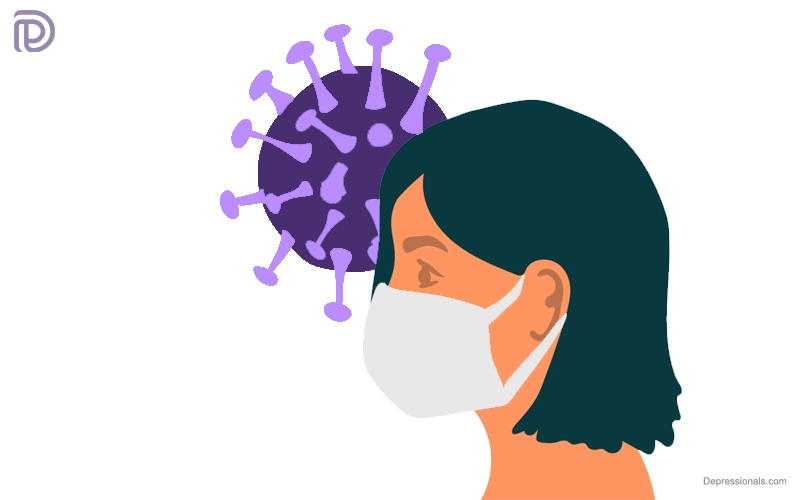
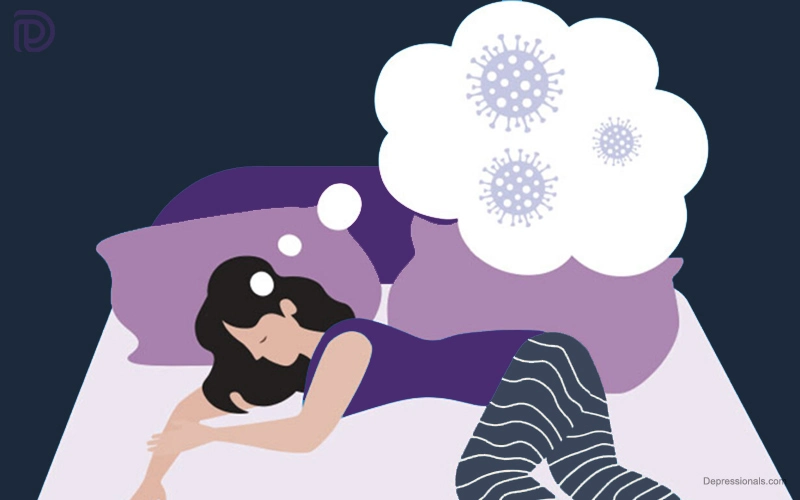
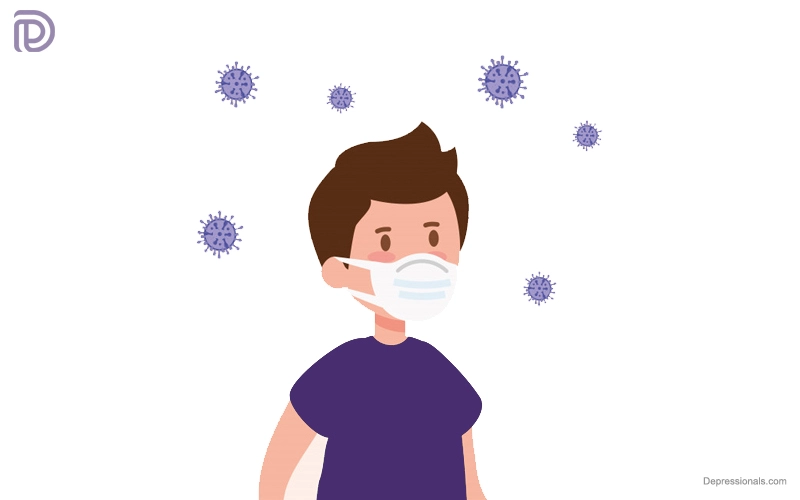
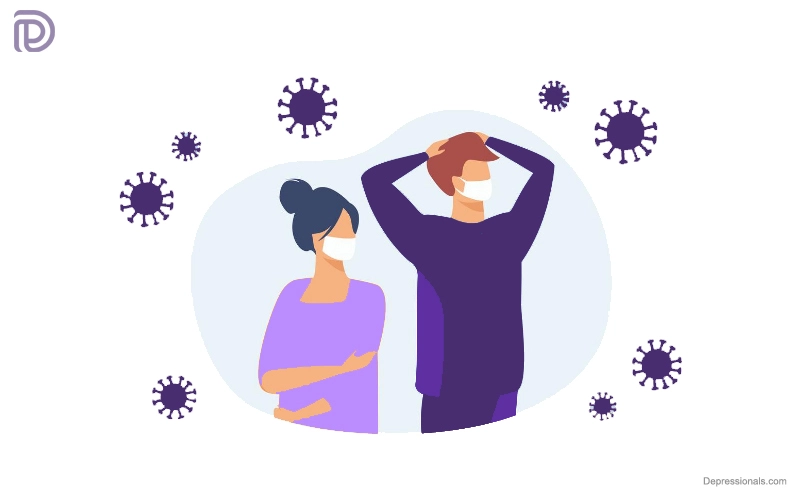
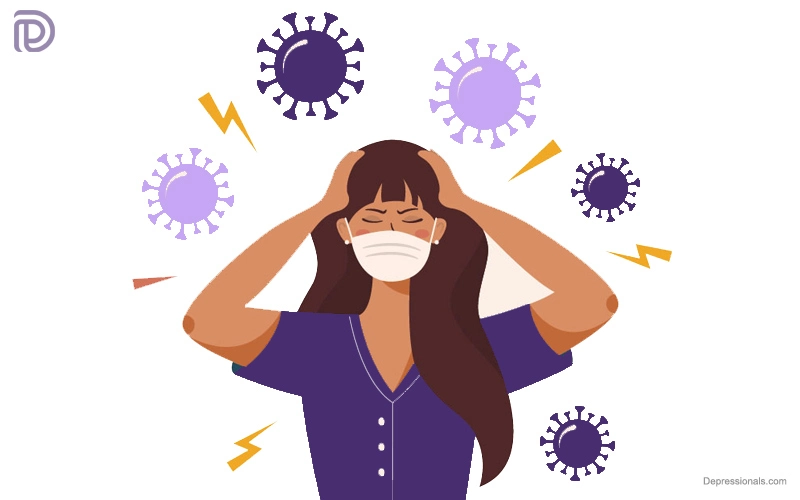

I have been examinating out some of your articles and i can claim pretty clever stuff. I will definitely bookmark your site.
You are right